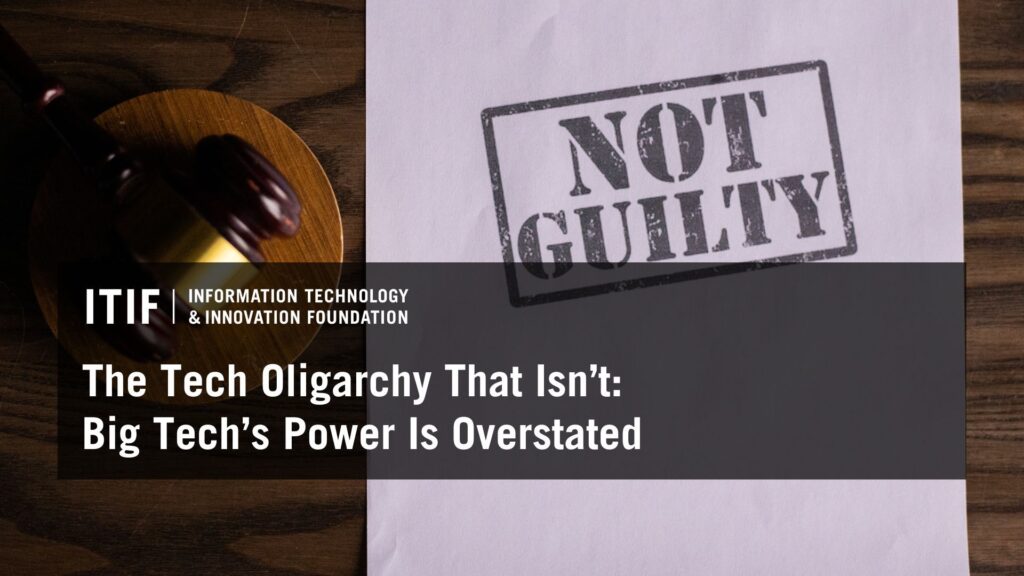Concerns about the influence of “big tech” span across the political spectrum, with both Trump and Biden administrations focusing on antitrust issues. While figures like Josh Hawley and Joe Biden criticize big tech as forming an “oligarchy,” the data suggests otherwise, as big tech firms hold only around 3% of the U.S. economy—far less than historical oligarchs like John D. Rockefeller. The presence of tech leaders at Trump’s inauguration is interpreted as deference rather than influence, contradicting the claims of regulatory capture.
Critics argue that big tech has unchecked power due to possibly anticompetitive actions, yet evidence of monopoly power is often exaggerated. For instance, Microsoft, once dominant, has faced strong competition and no longer holds a large market share. Apple, while scrutinized, does not have a monopoly as rivals like Google’s Android maintain substantial market presence. Google’s advantages are based on free services and competition, not monopolistic practices, while Meta is seen as competing with various platforms rather than being a monopoly. Finally, Amazon’s dominance in e-commerce is challenged by other retailers, and e-commerce represents only a small fraction of total retail sales.
Overall, big tech exemplifies a competitive market rather than a collusive oligarchy, continually facing scrutiny from both political parties. The industry drives innovation and creates new giants, exemplified by emerging leaders like Nvidia, highlighting the dynamic competition challenging these tech firms.



